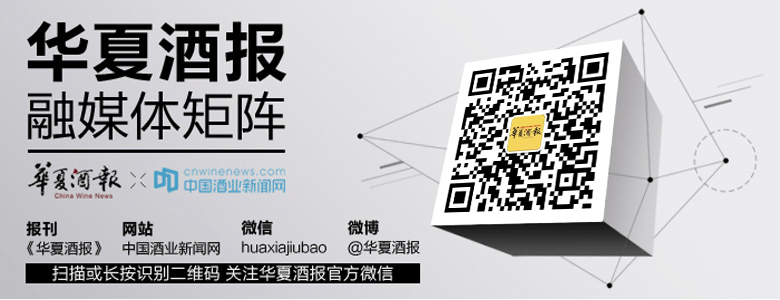China has concluded its anti-dumping investigation into brandy imports from the European Union, finding evidence of unfair pricing but offering tariff exemptions to producers who comply with minimum price commitments. The Ministry of Commerce announced the final ruling on July 4, determining that EU-made brandy was sold in China at dumped margins of 27.7% to 34.9%, harming the domestic industry. However, in a notable concession, the ministry accepted a price undertaking proposed by EU producers, allowing 34 companies—including major brands like Rémy Martin, Hennessy, and Martell—to avoid anti-dumping duties if they adhere to agreed minimum prices.
Price undertakings are a standard tool in trade disputes, enabling exporters to adjust prices voluntarily instead of facing tariffs. Under this arrangement, compliant firms will see their customs deposits or guarantees refunded. Florent Morillon, president of the cognac producers' association BNIC, acknowledged the compromise, stating that the deal provides "more tolerable conditions" than definitive duties, though market access remains constrained.
The investigation, launched in January 2024, had already disrupted trade. Provisional measures imposed in August led to a sharp decline in brandy imports. From January to May 2025, China imported just 5.56 million liters of brandy, worth $132.2 million—a 60% drop in volume and a 75.3% plunge in value compared to the previous year. Notably, brandy imports fell below whisky, a category traditionally less popular in China. French brandy, which dominates the market with over 97% share, bore the brunt of the decline.
The downturn reflects broader challenges for brandy in China. Once a staple of business entertainment, the category has faced shrinking demand as corporate spending wanes. Industry insiders note that importers stockpiled inventory early in the investigation, causing a brief surge in early 2024 before a steep collapse.
While the price agreement offers relief, producers and importers now face a tougher market. With reduced pricing flexibility and weaker consumer sentiment, maintaining sales momentum will require navigating an increasingly cost-conscious environment. The ruling underscores China’s balancing act: addressing trade grievances while preserving access for premium EU spirits amid shifting consumption trends.

